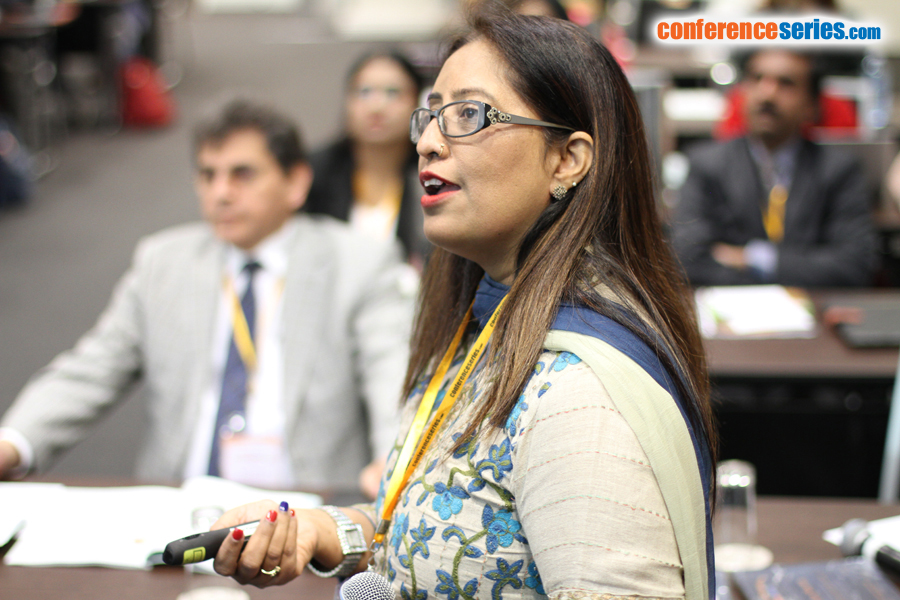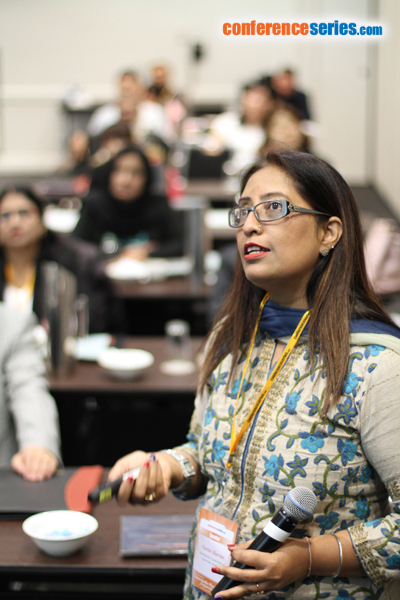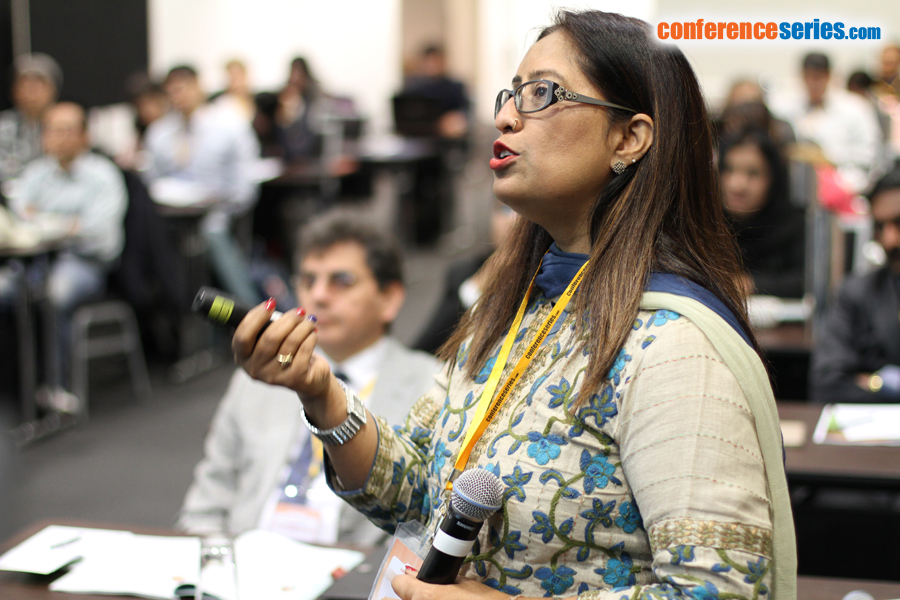
Vanita Sharma
Vibe Ayurveda, Australia
Title: Ayurveda – The plant based apothecary, traditional medicine and modern era
Biography
Biography: Vanita Sharma
Abstract
Ayurveda -The herbal plant based apothecary dates from far past almost 5000 years. Awareness for consuming medicinal plants for health has been known by ancient civilizations and used throughout the millennia, but the abundance of benefits that herbs bring to the pantry has only recently become appreciated. In India, Ayurveda medicine has used many herbs such as turmeric possibly as early as 4,000 BC. The Sushruta Samhita attributed to Sushruta in the 6th century BC describes 700 medicinal plants, 64 preparations from mineral sources, and 57 preparations based on animal sources.
In fact, therapeutic drugs developed from plant sources have provided considerable value to the pharmaceutical industry over the past half-century.
The Department of Ayurveda, Yoga & Naturopathy, Unani, Siddha and Homoeopathy (AYUSH) was established in 2003, to upgrade education standards, quality control and standardization of drugs, improving the availability of medicinal plant material, research and development and awareness generation about the efficacy of the systems locally and internationally.
Scientists suggest that a reverse pharmacology approach, inspired by traditional medicine (Chinese, Ayurveda, herbal, etc.) can offer a smart strategy to facilitate and expedite new drug discovery process.
In the modern era, Ayurveda is utilizing basic tenets of nanotechnology to prepare a nanomedicine in a nanocrystalline form to treat various chronic ailments. In the 21st century, pharmacological effects of medicinal plants have been considered as a promising future medicine for the management of health care.




